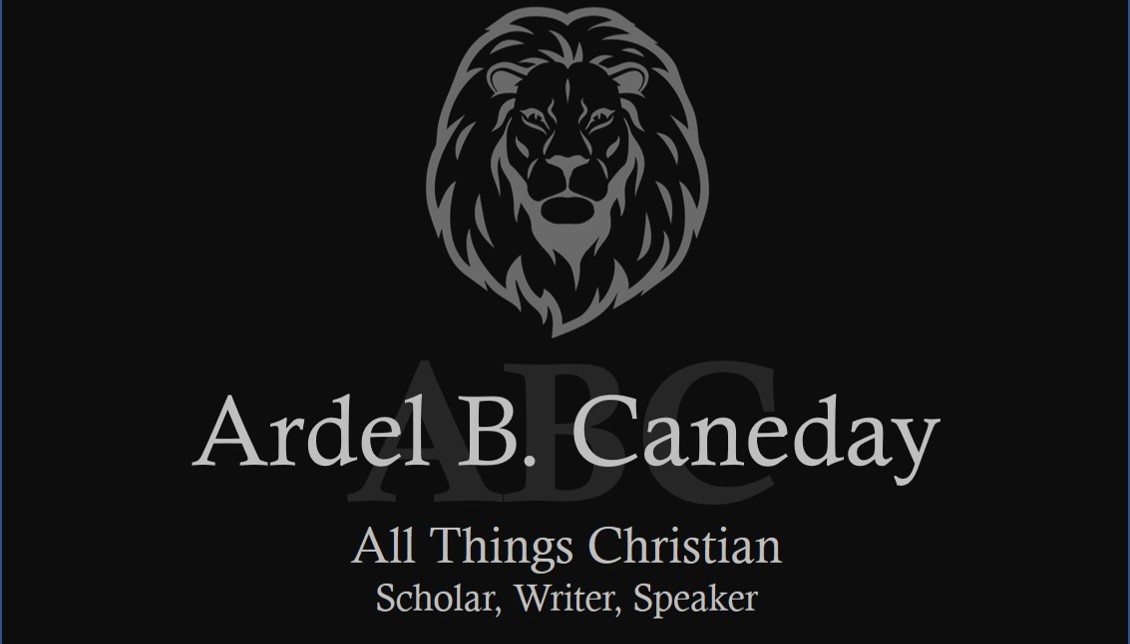I had intended to post a different blog entry this week. However, due to the fortuitous convergence of matters completely outside my control, I find myself happily constrained to publish this brief statement first. My intended blog entry will likely need to wait until next week.
The unexpected conjunction includes the publication of a book and the publication of a forum entailing two articles. First, on July 2, Failed Church: Restoring a Vision of Ecclesial Victory, edited by P. Andrew Sandlin, was published. The anthology includes an essay that I wrote. It is titled: “The Creator’s Own Realistic Account of Creation—Interpretation of Genesis 1-3 Is Neither Literal Nor Figurative.” Second, Desiring God published a forum consisting of two articles: (1) Wayne Grudem, “Our Old Earth: Arguments for Billions of Years”; and (2)Jason DeRouchie, “Our Young Earth: Arguments for Thousands of Years.”
Wayne Grudem provides this summary of his claim:
“The book of Genesis was not written to teach us the age of the earth, and so it can legitimately support either a young-earth or an old-earth view. Evidence from astronomy and various earth sciences, however, suggests that our universe and our earth are billions of years old. In the absence of a clear biblical stance on the issue, Christians should be willing to consider interpretations of Genesis 1 that fit with an old creation.”
Grudem begins his reasoning this way:
“I do not believe that God intended in Scripture to tell us the age of the earth. In the following material, I will explain the factors that led me to this conclusion about Scripture and then summarize some scientific indications of the age of the earth.”
Jason DeRouchie offers the following summarization of his counterclaim:
“Even if old-earth views are within the bounds of Christian orthodoxy, Scripture offers several reasons for believing God created the earth relatively recently — within thousands of years rather than millions or billions. Genesis 1 portrays creation in terms of a literal workweek, the New Testament associates early human history with “the beginning,” the genealogies of Genesis 5 and 11 are without gaps, humanity appears in Scripture as the head of creation, and the Bible regularly associates animal death and suffering with the fall. Though none of these arguments proves conclusive, together they offer a compelling case for a young creation.”
DeRouchie’s initial paragraph compels his readers to focus fully upon God’s authorized account concerning his creative work:
“At stake in the question of the earth’s age is faithful exegesis of the biblical text aligned with a faithful interpretation of the scientific data. Because no one but God was present at the beginning, and because the Bible is God’s inerrant word, Scripture holds highest authority in answering questions of time and space. Scripture’s teaching on a subject must bear guiding weight in assessing all matters related to the created sphere.”
Now, below is a facsimile that includes a few more lines than the initial page of my essay in Failed Church. Along the spectrum represented by the two approaches featured in the Desiring God forum, Grudem’s or DeRouchie’s, where do you suppose the argument I present in the essay falls?


